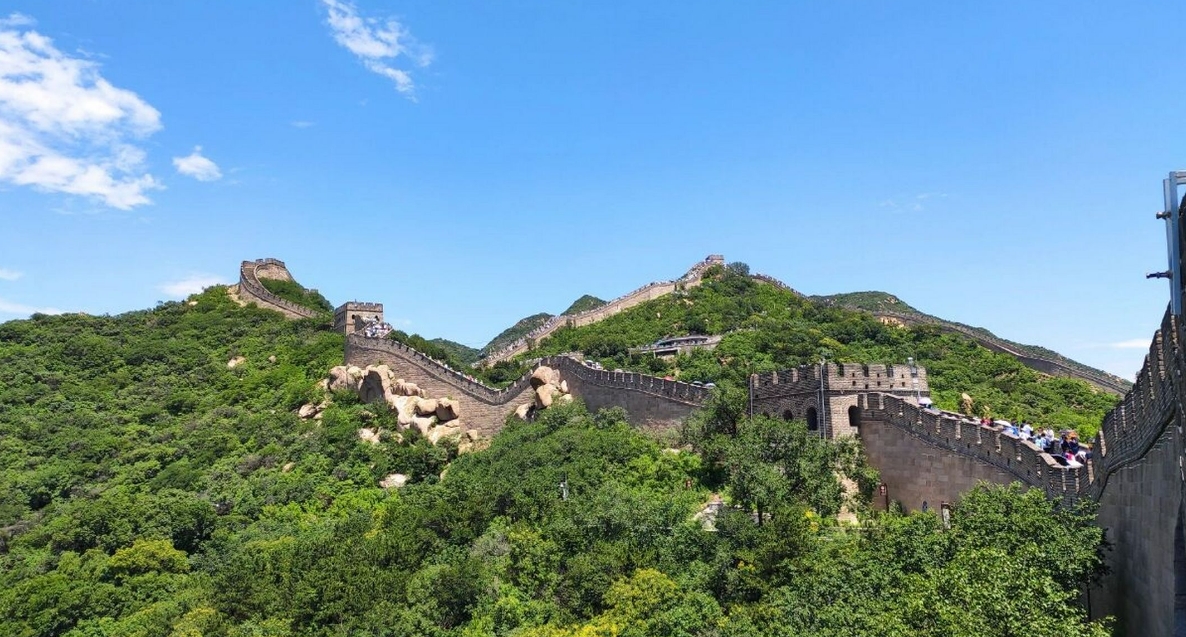
Badaling: Truly "Connecting in All Directions"
Badaling Great Wall, located in Yanqing District of Beijing, is an essential part of the world-renowned Great Wall of China and a must-visit destination for countless tourists. But have you ever wondered why this majestic pass is called "Badaling"?
As ancient records state: "The road divides from here, hence the name Badaling." This sentence succinctly summarizes the origin of the name "Badaling": a transportation hub connecting in all directions.
- As the outer gate of Juyongguan Pass, Badaling has been a strategically crucial battleground since ancient times.
- To the north, it connects to Yanqing, Chicheng, and the vast Mongolian grasslands;
- To the west, it leads to military strongholds such as Zhangjiakou, Huailai, Xuanhua, and Datong;
- To the east, it serves as a vital route to Yongning and Sihai;
- To the south lies Changping and the city of Beijing.
Badaling is like a giant transportation hub, interweaving roads from all directions into a network connecting every corner. This strategic location has granted Badaling significant roles throughout history:
- Military defense: Badaling served as a critical barrier protecting the capital. It has withstood numerous invasions, making significant contributions to safeguarding the nation.
- Economic trade: As a vital link between the north and south, Badaling flourished with merchants and trade, fostering economic and cultural exchange.
- Cultural exchange: Badaling stood at the forefront of interaction between the Central Plains culture and northern nomadic cultures. The fusion of diverse cultures has contributed to its unique charm.
Today, the Badaling Great Wall is no longer a military fortress. It has transformed into a world-famous tourist attraction, captivating visitors from around the globe. The name "Badaling" not only carries the weight of history but also embodies the Chinese nation's spirit of openness and inclusiveness.
Next time you ascend the Badaling Great Wall, overlooking the winding dragon below and the rolling mountains in the distance, take a moment to reflect on the origin of its name. Feel the vicissitudes of history and appreciate the wisdom and strength of the Chinese nation.
Q&A
Q1: What is the historical significance of Badaling?
A1: Badaling has held immense historical significance as a strategically important military stronghold, a bustling economic hub facilitating trade, and a cultural crossroads where different civilizations met and interacted.
Q2: Why is Badaling called "Badaling"?
A2: The name "Badaling" translates to "Connecting in All Directions," reflecting its role as a crucial transportation hub where roads from all compass points converged.
Q3: What can visitors experience at Badaling today?
A3: Today, Badaling is a renowned tourist destination offering breathtaking views of the Great Wall, insights into its rich history, and a chance to appreciate the architectural prowess and cultural significance of this iconic landmark.